MD(Res)/MPhil/PhD Social Genetic and Developmental Psychiatry

学历文凭
Ph.D.

专业院系
Institute of Psychiatry, Psychology and Neuroscience

开学时间

课程时长

课程学费

国际学生入学条件
IDP—雅思考试联合主办方

雅思考试总分
6.5
- 雅思总分:6.5
- 托福网考总分:92
- 托福笔试总分:160
- 其他语言考试:Pearson Test of English (Academic) - 62 overall with a minimum of 59 in each communicative skill
CRICOS代码:
申请截止日期: 请与IDP联系 以获取详细信息。
课程简介
相关申请
 预科
预科 奖学金
奖学金 实习机会
实习机会 在校学习
在校学习 跨境学习
跨境学习 校园授课-线上开始
校园授课-线上开始 在线/远程学习
在线/远程学习
开学时间&学费
学费信息仅供参考,请与IDP联系以获取详细信息
| 开学时间 | 时长 | 学费 | 地点 |
|---|
学校排名

世界排名38
数据源:
泰晤士高等教育世界大学排名
关于伦敦国王学院

伦敦国王学院成立于近200年前,虽然它从建校至今经历了不同的变化,但它始终是世界上最负盛名的大学水平的学术学院之一,这一声誉是当之无愧的。学院保证那些获得国王学院录取通知书的学生跟随学生所选领域的领先专家学习,并获得高质量的教育。学院还提供最先进的设施,无论是医学培训实验室、现代工作室还是专门的学科图书馆,都充满了学术成功所需的各种资源。国王学院坐落于伦敦市中心,是这个城市的重要组成部分。学生将能享受到就读该学院诸多好处,该学院与许多主要组织建立了伙伴关系和合作关系,其中大部分组织都在伦敦附近。学生有机会在闲暇时间享受大量的休闲、娱乐和餐饮,当然,去不同地方的交通也很方便。国王学院拥有多样化的学生群体,非常欢迎国际学生入读。学院有专门的支持团队,帮助学生处理申请流程和签证,并为需要额外支持的学生提供预科补充课程和学期前英语课程。来自世界各地的学生可以在国王学院就读,并享受世界一流的教育,通过努力学习,学生将获得高度充实的职业生涯。国王大学的支持网络非常出色,并面向所有学生。遇到任何可能阻碍学生学习的问题,无论是精神或身体健康问题、财务问题还是职业指导,学生都会得到帮助。
本校相关课程
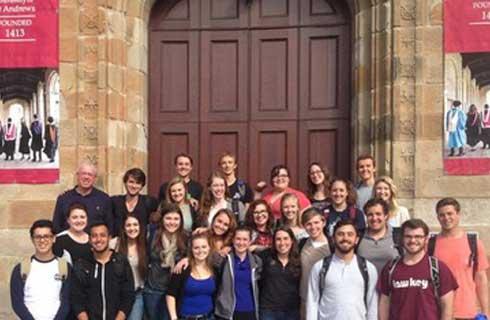
MSc Pharmacology
学历文凭
Masters Degree (Taught)
开学日期
课程费用总额

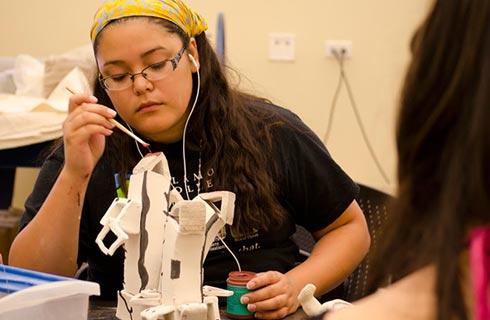
MA International Political Economy
学历文凭
Masters Degree (Taught)
开学日期
课程费用总额

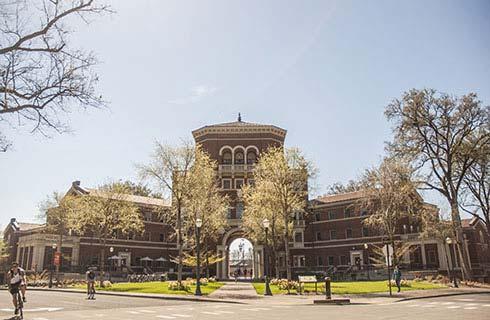
营养硕士
学历文凭
Masters Degree (Taught)
开学日期
课程费用总额


MSc Early Intervention in Psychosis
学历文凭
Masters Degree (Taught)
开学日期
课程费用总额

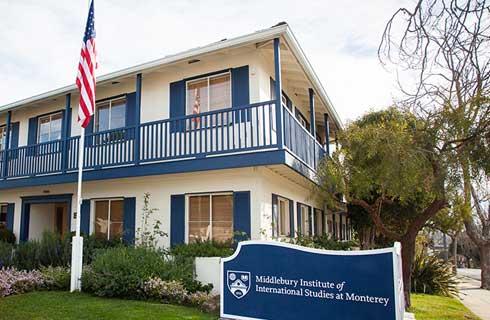
MSc International Marketing
学历文凭
Masters Degree (Taught)
开学日期
课程费用总额


法文文学士(荣誉)学位
学历文凭
Bachelor Degree with Honours
开学日期
课程费用总额

其他相关课程

医学检验科学学士
 查尔斯·达尔文大学
查尔斯·达尔文大学泰晤士高等教育世界大学排名:417
学历文凭
Bachelor Degree
开学日期
课程费用总额


整骨医学硕士
 南十字星大学
南十字星大学泰晤士高等教育世界大学排名:456
学历文凭
Masters Degree (Coursework)
开学日期
课程费用总额

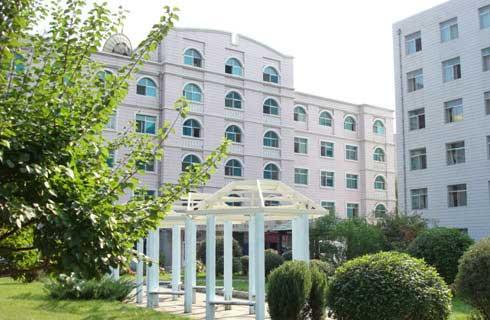
临床科学学士
 查尔斯特大学
查尔斯特大学泰晤士高等教育世界大学排名:631
学历文凭
Bachelor Degree
开学日期
课程费用总额


骨科硕士
 乐卓博大学
乐卓博大学泰晤士高等教育世界大学排名:267
学历文凭
Masters Degree (Coursework)
开学日期
课程费用总额

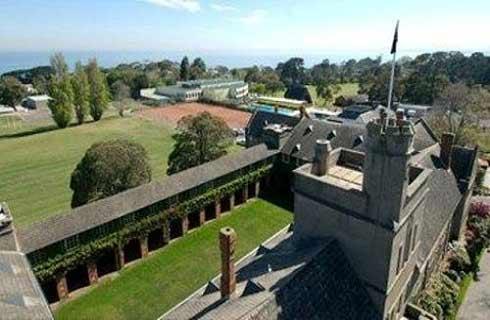
临床修复和矫正硕士
 乐卓博大学
乐卓博大学泰晤士高等教育世界大学排名:267
学历文凭
Masters Degree (Coursework)
开学日期
课程费用总额


癌症和血液学护理研究生文凭
 悉尼大学
悉尼大学泰晤士高等教育世界大学排名:54
学历文凭
Graduate Diploma
开学日期
课程费用总额










 英国
英国